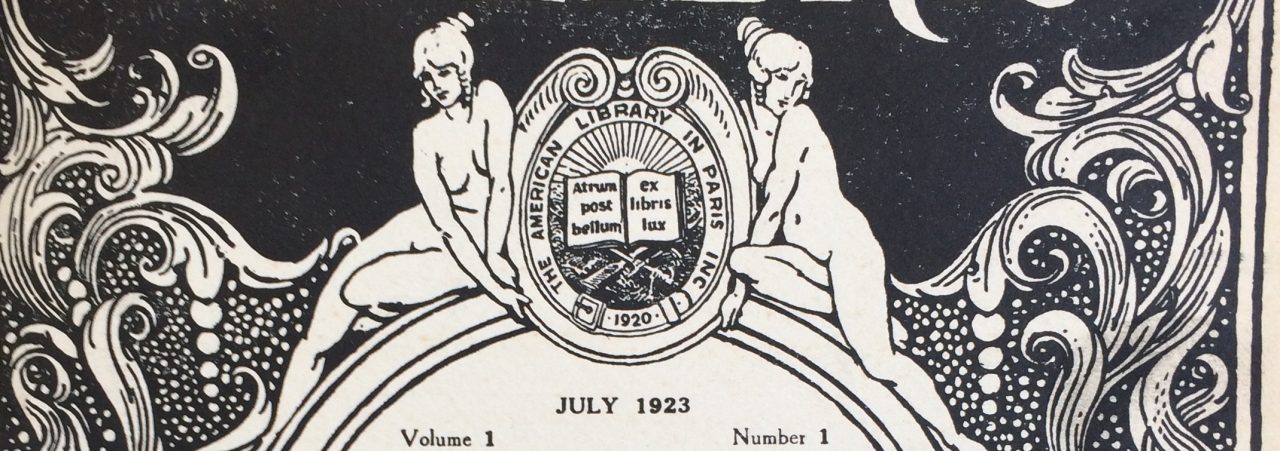Left the classroom feeling rather myopic this morning, although thankfully there’s still time for me to remedy this: my students are watching Casablanca (1942) this week, which I assigned because it was thematically appropriate (my class is on “Americans Abroad”), and the film’s a classic yet digestible, and it’s not too long (the other option was The Talented Mr. Ripley (1999), which clocks in nearly an hour longer and we’re short on time). But it’s been awhile since I watched Casablanca myself, so when I put it on the syllabus (and then failed to rewatch before my class did) I was thinking about the “Cafe Americain,” Casablanca as cosmopolitan city, Rick’s little expat hub, transnational romance (or maybe the romance of the transnational), and travel. And then the film opened, and I got this: https://www.youtube.com/watch?v=-pYG1Vbgq0o
Imagine my “surprise” when I was reminded that not only does the whole set-up hinge on the acquisition of exit visas (too late for this dissertation chapter, but maybe there’s a job talk in there for me…), but, in the film, Casablanca is the holding chamber for those desperate to get out of Europe, who can’t leave without the appropriate exit visas. Hungary much? Migrants trapped in a somewhat hostile middle ground that doesn’t want them but won’t let them out without the right paperwork…

It’s impossible not to picture this, or this, or, if you’re feeling hopeful, this.
If desperate images of drowned children washing up on the shore (I won’t link to that one) doesn’t prove to be enough of a rallying cry to spur some kind of real action, can Casablanca and its Hollywood plot and handsome heroes remind us of our role here? A reminder that we’ve seen this before, and that that time the good guys knew who to side with?

Luckily, it’s not too late to pose this question to my students and see what they think.

